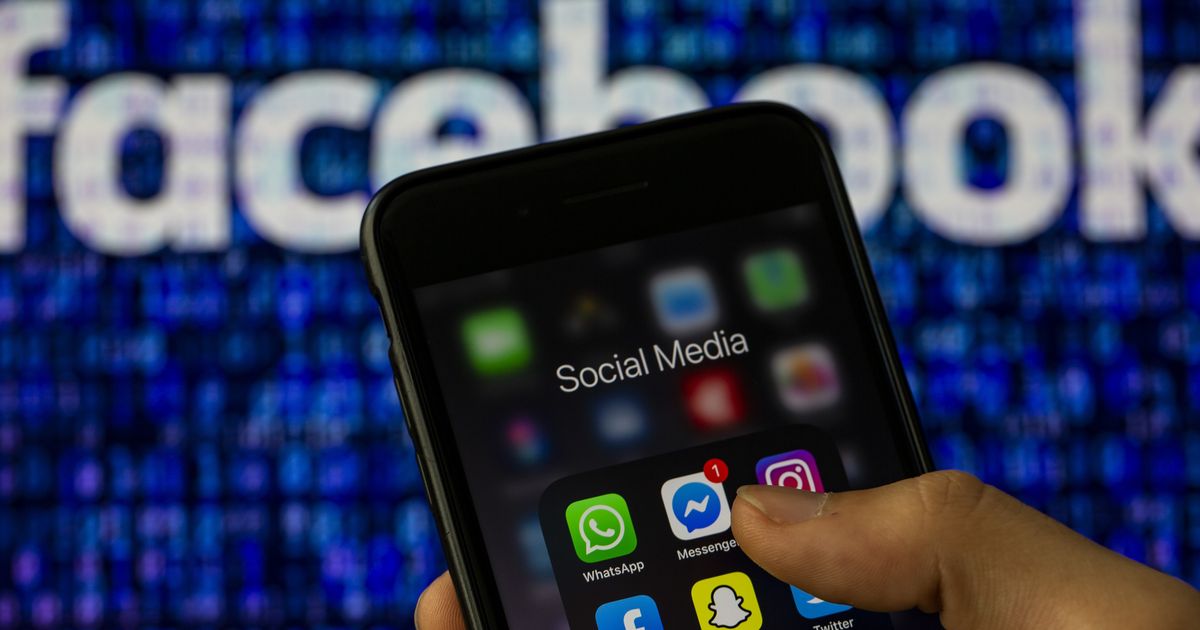
Australian Facebook users and Pages will have their ability to share news links restored in the coming days, according to a statement released on Tuesday afternoon by the country’s federal treasurer and communications minister.
The government announced amendments will be made to its controversial News Media Bargaining Code, apparently appeasing Facebook enough that the tech giant has struck a deal with the government to allow news content to return to its platform.
“We’re pleased that we’ve been able to reach an agreement with the Australian government and appreciate the constructive discussions we’ve had with Treasurer Frydenberg and Minister Fletcher over the past week,” Facebook’s managing director for Australia and New Zealand, William Easton, said in an update published on Tuesday to the company blog.
“We have consistently supported a framework that would encourage innovation and collaboration between online platforms and publishers. After further discussions, we are satisfied that the Australian government has agreed to a number of changes and guarantees that address our core concerns about allowing commercial deals that recognize the value our platform provides to publishers relative to the value we receive from them. As a result of these changes, we can now work to further our investment in public interest journalism and restore news on Facebook for Australians in the coming days.”
The Code aims to force digital platforms to pay news organisations for news content shared or published on those platforms, leading Facebook to repeatedly threaten to block Australians from accessing or sharing links to news if the scheme went ahead. After months of warnings, Australians awoke last Friday to find Facebook had done just that.
Not only was news content from large national and international outlets blocked and removed, but a huge swathe of other pages — from government pages to arts, sport, social support, and health, and even satirical news — were also gutted of anything that even vaguely smelled like news.
The federal government pulled its advertising spend from Facebook on Monday, in what was broadly seen as a direct escalation of the stand-off.
The federal treasurer, Josh Frydenberg, said that he’d spoken directly with Facebook CEO Mark Zuckerberg more than once over the past few days to try and reach an agreement that was satisfactory for both parties.
“These amendments will provide further clarity to digital platforms and news media businesses about the way the Code is intended to operate and strengthen the framework for ensuring news media businesses are fairly remunerated,” reads the government’s press release.
The amendments include longer periods of notice and mediation before a platform is designated under the Code, and also clarify that decisions about which platforms are designated will consider if they make “a significant contribution to the sustainability of the Australian industry through reaching commercial agreements with news media businesses”.
“Going forward, the [Australian] government has clarified we will retain the ability to decide if news appears on Facebook so that we won’t automatically be subject to a forced negotiation,” Facebook VP of global news partnerships Campbell Brown said in an updated statement. “It’s always been our intention to support journalism in Australia and around the world, and we’ll continue to invest in news globally and resist efforts by media conglomerates to advance regulatory frameworks that do not take account of the true value exchange between publishers and platforms like Facebook.”
Brown’s pointed statement appears to be a direct nod to the outsized influence of Rupert Murdoch’s News Corp — with whom Google has struck a deal, but Facebook has not.
The ramifications of this are, for now, unclear. The amendments could potentially allow the government to not apply the Code at all to platforms that do strike commercial deals — such as, for example, Google’s News Showcase. This leaves Facebook in the position of having to strike such deals in order not to be designated under the Code and forced into mediation processes that may allow them less control over what they pay — or to return to the nuclear option they exercised on Australian users last week.
While Australia’s roughly 11 million monthly active users aren’t a huge chunk of the nearly three billion worldwide, this is undeniably a test case. Governments worldwide are watching the outcome of this standoff to see whether calling Facebook’s bluff will pay off, and shift the balance of power between the tech giant and the media companies that have been playing by its ever-changing rules for over a decade.
This story is developing…
UPDATE: Feb. 23, 2021, 3:50 p.m. AEST This story has been updated with details from the Australian government’s press release regarding the amendments to the Code.
UPDATE: Feb. 23, 2021, 4:14 p.m. AEST This story has been updated to include the statement from Campbell Brown.
